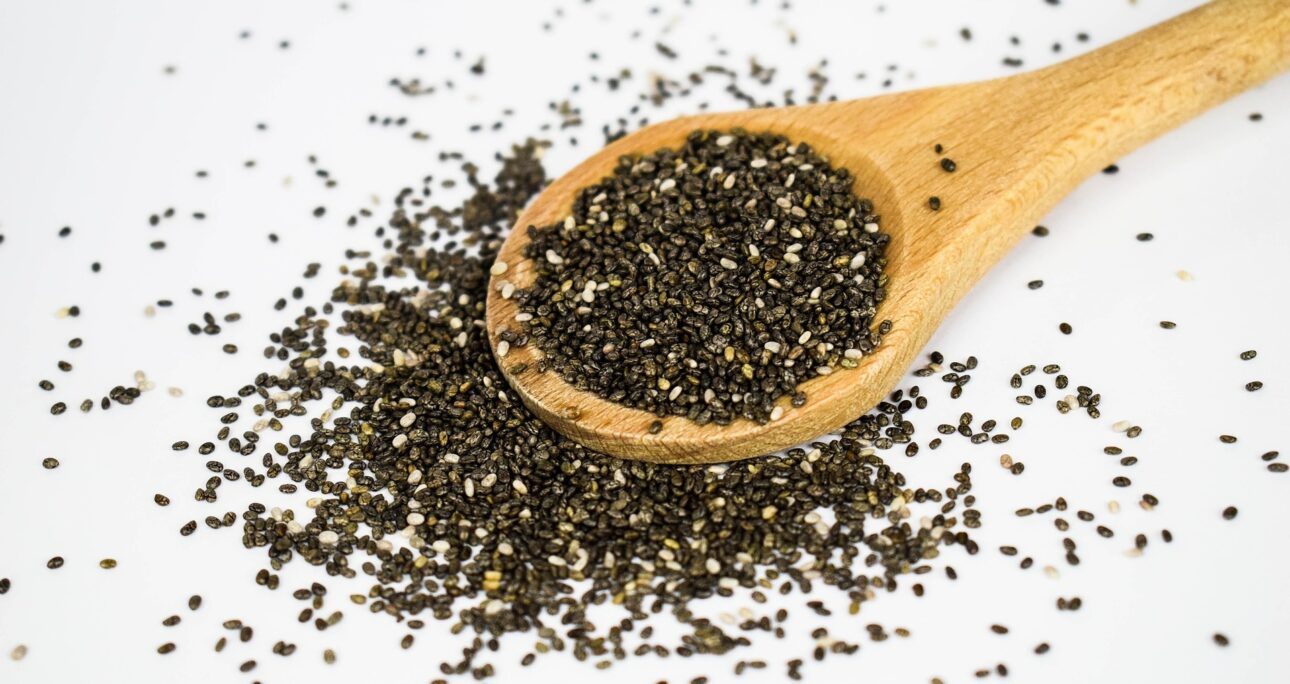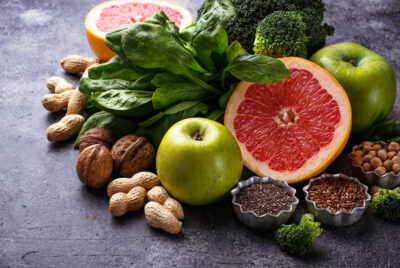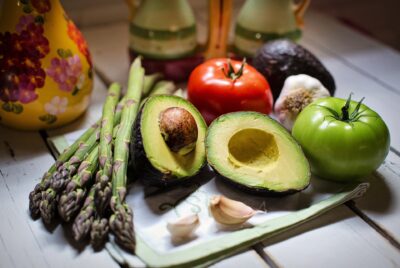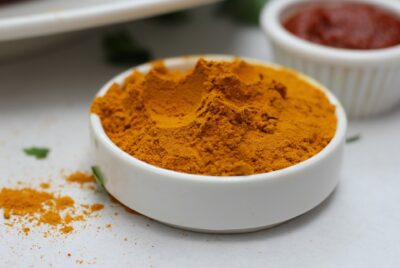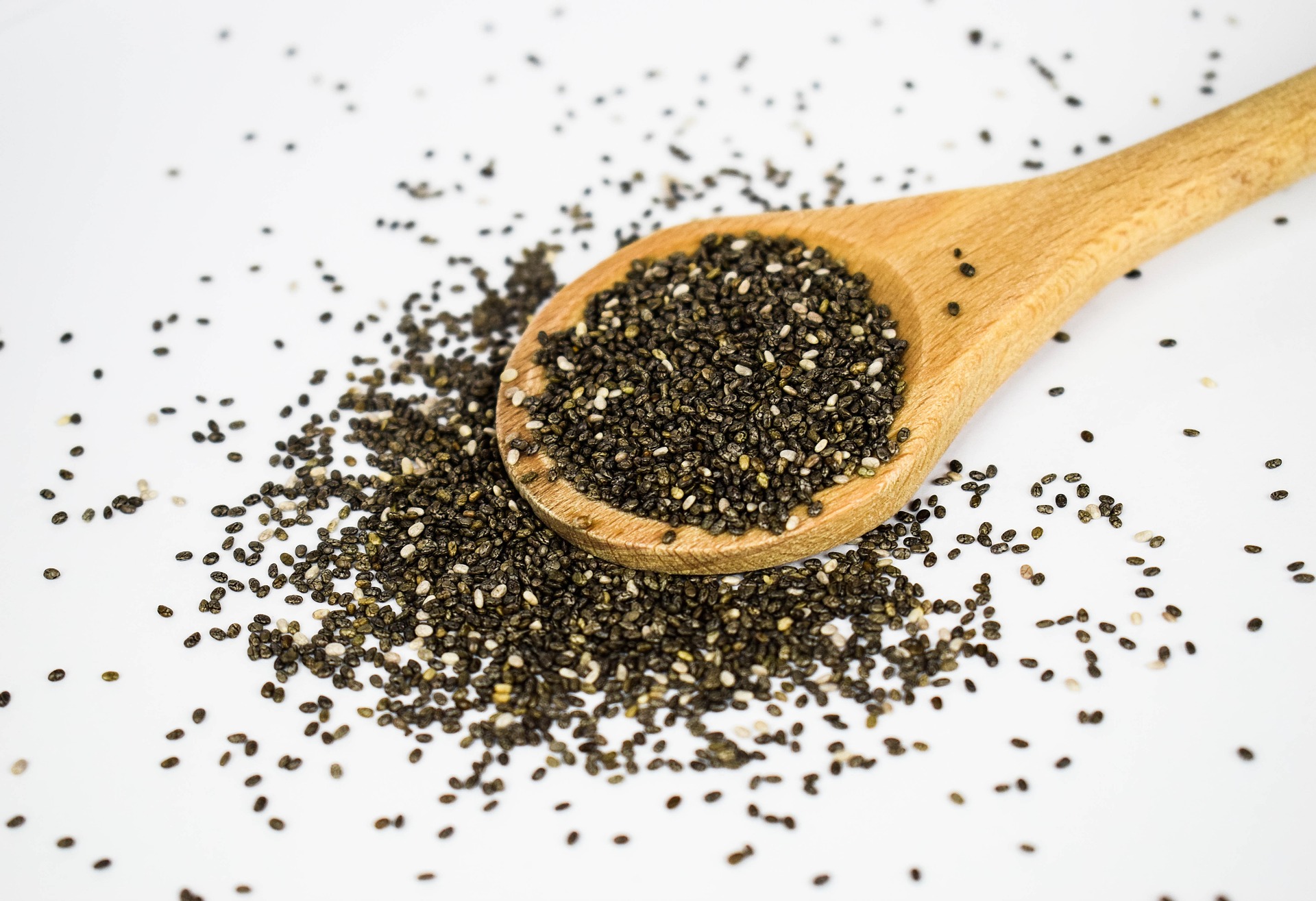 In recent years, chia seeds have emerged as a popular superfood, known for their remarkable nutritional properties and health benefits. Derived from the Salvia hispanica plant, these tiny black seeds have been consumed for centuries and are now celebrated for their rich fiber content, abundant protein, and high concentration of omega-3 fatty acids. Chia seeds have gained recognition as versatile and nutrient-dense ingredient that can easily be incorporated into various dishes. In this blog post, we will delve into the incredible qualities of chia seeds, exploring their nutritional value and the numerous advantages they offer for overall well-being.
In recent years, chia seeds have emerged as a popular superfood, known for their remarkable nutritional properties and health benefits. Derived from the Salvia hispanica plant, these tiny black seeds have been consumed for centuries and are now celebrated for their rich fiber content, abundant protein, and high concentration of omega-3 fatty acids. Chia seeds have gained recognition as versatile and nutrient-dense ingredient that can easily be incorporated into various dishes. In this blog post, we will delve into the incredible qualities of chia seeds, exploring their nutritional value and the numerous advantages they offer for overall well-being.
The Nutritional Powerhouse
Chia seeds are often referred to as a nutritional powerhouse due to their exceptional nutrient composition. Let’s take a closer look at the key nutrients found in these tiny seeds.
1. Fiber:
Chia seeds are a brilliant source of nutritional fiber. In fact, just one ounce (28 grams) of chia seeds provides an impressive 11 grams of fiber. Fiber plays a crucial role in promoting a healthy digestive system, regulating bowel movements, and preventing constipation. It also helps to stabilize blood sugar levels, reduce cholesterol levels, and promote satiety, aiding in weight management.
2. Protein:
Chia seeds are a valuable plant-based source of protein. With approximately 4 grams of protein per ounce, they are particularly beneficial for individuals following vegetarian or vegan diets. Protein is essential for building and repairing tissues, supporting muscle growth, and maintaining a strong immune system.
3. Omega-3 Fatty Acids:
Chia seeds are abundant in omega-3 fatty acids, specifically alpha-linolenic acid (ALA). Omega-3 fatty acids are crucial for heart health, reducing inflammation, and supporting brain function. They help lower the risk of cardiovascular diseases, such as heart attacks and strokes. Chia seeds provide an excellent alternative source of omega-3 fatty acids for individuals who do not consume fish regularly.
4. Antioxidants:
Chia seeds are packed with antioxidants, which help protect the body against oxidative stress and damage caused by free radicals. Antioxidants play a vital role in reducing the risk of chronic diseases, including certain types of cancer and heart disease.
5. Essential Minerals:
Chia seeds are a good source of essential minerals, including calcium, phosphorus, magnesium, and manganese. These minerals are crucial for maintaining healthy bones, teeth, and bodily functions. Calcium, in particular, is important for bone strength and density.
High in Fiber for Digestive Health
Chia seeds are renowned for their high fiber content, making them an excellent choice for promoting digestive health. Fiber plays a crucial role in maintaining a healthy digestive system and preventing various gastrointestinal issues.
Chia seeds are particularly rich in dietary fiber, with just one ounce (28 grams) containing approximately 11 grams of fiber. This impressive fiber content helps regulate digestion and promotes regular bowel movements. The soluble fiber in chia seeds absorbs water, forming a gel-like substance in the stomach. This gel-like consistency aids in slowing down the digestion process, allowing for better nutrient absorption and a steady release of energy.
Consuming chia seeds can also help prevent constipation. The insoluble fiber in chia seeds adds bulk to the stool, promoting regularity and preventing the discomfort associated with constipation. By maintaining regular bowel movements, chia seeds support a healthy and efficient waste elimination process. The high fiber content in chia seeds contributes to a feeling of fullness and satiety. When consumed, chia seeds absorb liquid and expand in the stomach, promoting a sense of satisfaction and reducing unnecessary snacking or overeating. This property makes chia seeds an excellent addition to weight management and controlling calorie intake.
To incorporate chia seeds into your diet for digestive health, you can add them to smoothies, sprinkle them over yogurt or oatmeal, or use them as an egg substitute in baking recipes. Remember to drink plenty of water when consuming chia seeds, as they absorb liquid and need sufficient hydration to work effectively.
Protein Powerhouse for Building and Repairing Tissues
Chia seeds are an excellent plant-based source of protein, making them a valuable addition to vegetarian and vegan diets. Protein is essential for building and repairing tissues, supporting muscle growth, and regulating various bodily functions. The protein content in chia seeds helps to provide sustained energy levels and keeps you feeling fuller for longer periods. This makes them a great option for individuals looking to manage their weight or increase their protein intake.
Omega-3 Fatty Acids for Heart Health
Omega-3 fatty acids are a group of essential polyunsaturated fats that play a crucial role in maintaining heart health. Chia seeds are known for their significant content of omega-3 fatty acids, particularly alpha-linolenic acid (ALA). ALA is an essential omega-3 fatty acid that the body cannot produce on its own and must be obtained from dietary sources.
Consuming omega-3 fatty acids has been associated with various cardiovascular benefits. Studies have shown that these fatty acids can help reduce the risk of heart disease by lowering blood pressure, reducing triglyceride levels, and improving overall cardiovascular function. Omega-3 fatty acids also have anti-inflammatory properties, which can further contribute to heart health by reducing inflammation in the blood vessels and preventing the formation of blood clots.
Including chia seeds in your diet can have a positive impact on your heart health. Studies have shown that regular consumption of chia seeds can help lower LDL cholesterol (the “bad” cholesterol) and increase HDL cholesterol (the “good” cholesterol). By improving cholesterol levels, chia seeds can help reduce the risk of atherosclerosis and heart disease.
Other Health Benefits and Culinary Uses
Beyond fiber, protein, and omega-3 fatty acids, chia seeds offer several other health benefits. Chia seeds are also a good source of minerals such as calcium, phosphorus, magnesium, and manganese, which are essential for healthy bones, teeth, and overall bodily functions. Additionally, chia seeds can be used as a substitute for eggs in baking due to their gel-like consistency when mixed with water.
Conclusion
Chia seeds truly live up to their reputation as a superfood. Their exceptional nutritional composition, including high fiber content, protein content, and omega-3 fatty acids, makes them a valuable addition to a healthy diet. Whether you are aiming to improve your digestion, boost. Including these tiny seeds in your diet can offer numerous health benefits, ranging from improved digestion to enhanced heart health. So, why not harness the power of chia seeds and enjoy their remarkable nutritional advantages?
In recent years, chia seeds have emerged as a popular superfood, known for their remarkable nutritional properties and health benefits. Derived from the Salvia hispanica plant, these tiny black seeds have been consumed for centuries and are now celebrated for their rich fiber content, abundant protein, and high concentration of omega-3 fatty acids. Chia seeds have gained recognition as versatile and nutrient-dense ingredient that can easily be incorporated into various dishes. In this blog post, we will delve into the incredible qualities of chia seeds, exploring their nutritional value and the numerous advantages they offer for overall well-being.
The Nutritional Powerhouse
Chia seeds are often referred to as a nutritional powerhouse due to their exceptional nutrient composition. Let’s take a closer look at the key nutrients found in these tiny seeds.
1. Fiber:
Chia seeds are a brilliant source of nutritional fiber. In fact, just one ounce (28 grams) of chia seeds provides an impressive 11 grams of fiber. Fiber plays a crucial role in promoting a healthy digestive system, regulating bowel movements, and preventing constipation. It also helps to stabilize blood sugar levels, reduce cholesterol levels, and promote satiety, aiding in weight management.
2. Protein:
Chia seeds are a valuable plant-based source of protein. With approximately 4 grams of protein per ounce, they are particularly beneficial for individuals following vegetarian or vegan diets. Protein is essential for building and repairing tissues, supporting muscle growth, and maintaining a strong immune system.
3. Omega-3 Fatty Acids:
Chia seeds are abundant in omega-3 fatty acids, specifically alpha-linolenic acid (ALA). Omega-3 fatty acids are crucial for heart health, reducing inflammation, and supporting brain function. They help lower the risk of cardiovascular diseases, such as heart attacks and strokes. Chia seeds provide an excellent alternative source of omega-3 fatty acids for individuals who do not consume fish regularly.
4. Antioxidants:
Chia seeds are packed with antioxidants, which help protect the body against oxidative stress and damage caused by free radicals. Antioxidants play a vital role in reducing the risk of chronic diseases, including certain types of cancer and heart disease.
5. Essential Minerals:
Chia seeds are a good source of essential minerals, including calcium, phosphorus, magnesium, and manganese. These minerals are crucial for maintaining healthy bones, teeth, and bodily functions. Calcium, in particular, is important for bone strength and density.
High in Fiber for Digestive Health
Chia seeds are renowned for their high fiber content, making them an excellent choice for promoting digestive health. Fiber plays a crucial role in maintaining a healthy digestive system and preventing various gastrointestinal issues.
Chia seeds are particularly rich in dietary fiber, with just one ounce (28 grams) containing approximately 11 grams of fiber. This impressive fiber content helps regulate digestion and promotes regular bowel movements. The soluble fiber in chia seeds absorbs water, forming a gel-like substance in the stomach. This gel-like consistency aids in slowing down the digestion process, allowing for better nutrient absorption and a steady release of energy.
Consuming chia seeds can also help prevent constipation. The insoluble fiber in chia seeds adds bulk to the stool, promoting regularity and preventing the discomfort associated with constipation. By maintaining regular bowel movements, chia seeds support a healthy and efficient waste elimination process. The high fiber content in chia seeds contributes to a feeling of fullness and satiety. When consumed, chia seeds absorb liquid and expand in the stomach, promoting a sense of satisfaction and reducing unnecessary snacking or overeating. This property makes chia seeds an excellent addition to weight management and controlling calorie intake.
To incorporate chia seeds into your diet for digestive health, you can add them to smoothies, sprinkle them over yogurt or oatmeal, or use them as an egg substitute in baking recipes. Remember to drink plenty of water when consuming chia seeds, as they absorb liquid and need sufficient hydration to work effectively.
Protein Powerhouse for Building and Repairing Tissues
Chia seeds are an excellent plant-based source of protein, making them a valuable addition to vegetarian and vegan diets. Protein is essential for building and repairing tissues, supporting muscle growth, and regulating various bodily functions. The protein content in chia seeds helps to provide sustained energy levels and keeps you feeling fuller for longer periods. This makes them a great option for individuals looking to manage their weight or increase their protein intake.
Omega-3 Fatty Acids for Heart Health
Omega-3 fatty acids are a group of essential polyunsaturated fats that play a crucial role in maintaining heart health. Chia seeds are known for their significant content of omega-3 fatty acids, particularly alpha-linolenic acid (ALA). ALA is an essential omega-3 fatty acid that the body cannot produce on its own and must be obtained from dietary sources.
Consuming omega-3 fatty acids has been associated with various cardiovascular benefits. Studies have shown that these fatty acids can help reduce the risk of heart disease by lowering blood pressure, reducing triglyceride levels, and improving overall cardiovascular function. Omega-3 fatty acids also have anti-inflammatory properties, which can further contribute to heart health by reducing inflammation in the blood vessels and preventing the formation of blood clots.
Including chia seeds in your diet can have a positive impact on your heart health. Studies have shown that regular consumption of chia seeds can help lower LDL cholesterol (the “bad” cholesterol) and increase HDL cholesterol (the “good” cholesterol). By improving cholesterol levels, chia seeds can help reduce the risk of atherosclerosis and heart disease.
Other Health Benefits and Culinary Uses
Beyond fiber, protein, and omega-3 fatty acids, chia seeds offer several other health benefits. Chia seeds are also a good source of minerals such as calcium, phosphorus, magnesium, and manganese, which are essential for healthy bones, teeth, and overall bodily functions. Additionally, chia seeds can be used as a substitute for eggs in baking due to their gel-like consistency when mixed with water.
Conclusion
Chia seeds truly live up to their reputation as a superfood. Their exceptional nutritional composition, including high fiber content, protein content, and omega-3 fatty acids, makes them a valuable addition to a healthy diet. Whether you are aiming to improve your digestion, boost. Including these tiny seeds in your diet can offer numerous health benefits, ranging from improved digestion to enhanced heart health. So, why not harness the power of chia seeds and enjoy their remarkable nutritional advantages?

